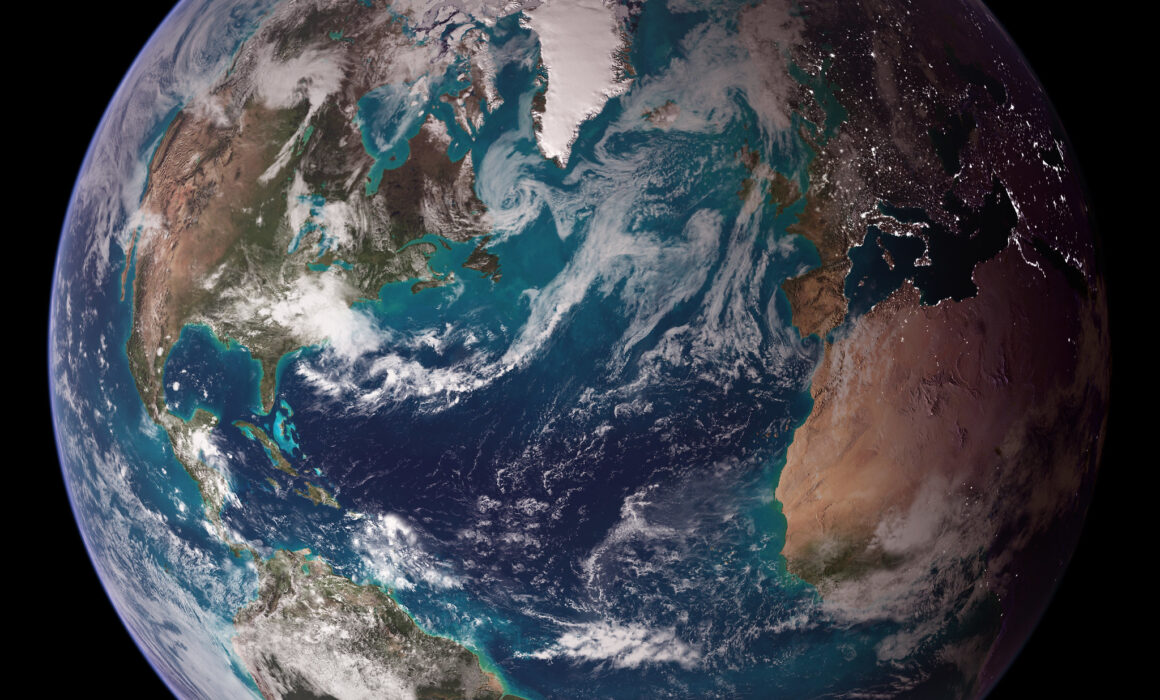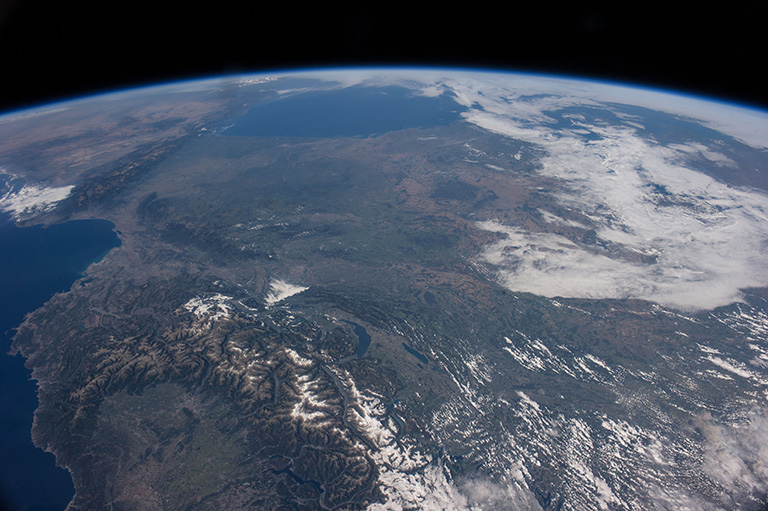When spurring action against climate change, NGOs and governmental agencies frequently operate on the assumption that people are unmotivated to act because they view climate change as a problem that affects distant regions far in the future. While this concept, known as psychological distance, seems intuitive, researchers report in the journal One Earth on April 21 that most people see climate change as an important and timely issue even if its impacts are not immediately noticeable.
“There is no consistent evidence that perceiving climate change as psychologically distant hinders climate action, with studies reporting mixed results,” write the authors, led by Dr. Anne M. van Valkengoed of the University of Groningen in the Netherlands.
van Valkengoed and her colleagues collected results from public opinion polls surveying people about their views on climate change, some of which included over 100,000 people from 121 different countries. The polls showed that over 50% of participants actually believe that climate change is happening either now or in the near future and that it will impact their local areas, not just faraway places.
The team also looked at the results of several studies designed to test the relationship between psychological distance and climate action. Out of 26 reviewed studies, only nine found a positive association between psychological distance and climate action. In fact, some studies showed that viewing climate change as impacting distant places and communities made people want to take more action. The researchers also found that 25 out of 30 studies failed to prove that experimentally decreasing psychological distance increased climate action.
The pervasive misconception about the relationship between psychological distance and climate action could actually be impeding progress in mitigating climate change due to social influence, suggest the authors. For example, if people think others perceive climate change as psychologically distant and therefore aren’t taking action, they might be less likely to act themselves. Also, they might think that their efforts are futile because real environmental change relies on the combined efforts of many.
“We therefore recommend researchers, communicators, and policymakers instead focus on how to leverage the finding that many people already perceive climate change as occurring here and now,” said the researchers.















Recent Comments